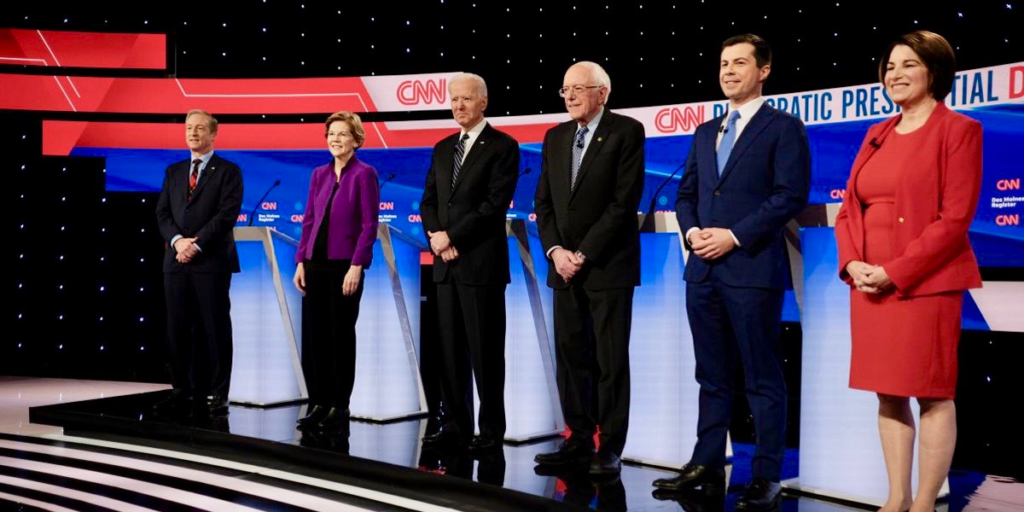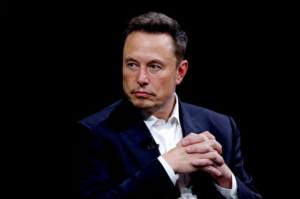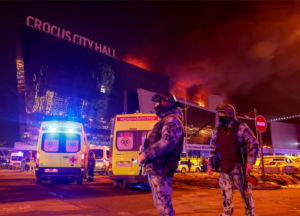Did Someone Say Another Democratic Debate?

Courtesy of Audostraddle.com.
By Eva Lynch
As the Iowa caucus is looming just a few weeks away, the atmosphere of the January 14th Democratic debate mirrored the country’s attitude at this point in any election season: tired.
The top six current contenders for the Democratic primary nomination filled the stage and included frontrunners Joe Biden, Bernie Sanders, and Elizabeth Warren, joined by Amy Klobuchar, Pete Buttigieg, and Tom Steyer. Andrew Yang and new additions to the race Deval Patrick and Michael Bloomberg did not meet the donation quota to be featured on stage.
The most recent Democratic debate of the 2020 election season bred high expectations, evidenced by the 11.3 million viewers of the debate, the highest viewership of the last four debates. But what happened stage did not match the drama of the week up until then, primarily catalyzed by the onset of President Trump’s impeachment trial. Instead, many candidates met it with an attitude fitting of the last lap around the election track.
Moderators Wolf Blitzer, Abby Phillip, and Brianne Pfannenstiel decidedly kept the topic off of this week’s headlines, including President Trump’s impeachment, the U.S.’s recent engagements with Iran, or a recently-published damning report about Buttigieg’s time as South Bend’s mayor. According to post-debate reviews, many viewers were especially disappointed that president’s impeachment was not further examined, as many of those on stage were also preparing to be sworn into the ongoing impeachment trial. Questions asked during the debate have already been written off in the comments as boring, exhausted, and yielding to humdrum answers. Beside questions regarding healthcare, no candidate stumbled over his or her stump speech. The only plot-twist moment came when Senator Warren came out swinging over her recent accusations against Senator Sanders, alleging that he told her in 2018 that a woman was not capable of winning the 2020 election. This moment passed quickly thanks to shallow questions from the moderators, and the debate returned to its agree-to-disagree nature.
The fact of the matter is, fewer and fewer candidates remain on the debate stage each time, and Americans are given a clearer and clearer vision of Donald Trump’s future opponent, but not without sacrificing the surefire drama brought by ex-candidates like Kamala Harris and Julian Castro, who were always sure to inspire some drama. Immediately following the last round of speeches, the media bypassed the mundane show and looked offstage for the story, quickly honing in on those who did not make the cut.
Most notably, as Americans see the quantity of candidates on stage reducing, they see the parallel diminishing representation of the color wheel up there, too, criticized in a tweet by Deval Patrick, who did not make it onto the debate stage.
Patrick, the only black candidate left running, wrote, “America will not see herself in full on the debate stage.”
Delving deeper into the issue of racism, viewers noted that not only were minorities underrepresented on stage, they were also seldom asked about, with the only question regarding race falling to Buttigieg, the report about whom implicated him as an undercover proponent of the white supremacy movement within South Bend.
The wrinkle is that all this was happening at the same time as a Trump rally in Wisconsin, and the temporal alignment of these events further magnified the differences between them. In contrast to the sleepy debate, this Trump rally was no different from any other, in which Trump stuck to his main inflammatory talking points: unemployment is low, the Middle East is not a threat, and it’s all due to his presidency. Seen early as the 2015 presidential campaign trail, America saw that Trump’s strength is rallying the masses, a quality which he has only become better at throughout his presidency, impeachment, and now the 2020 election cycle.
So, the debate which followed truly the most dramatic week in our country’s history did not make headlines. But who won?
This debate is widely regarded in the media as winner-less both literally, as none of the candidates had a so-called “break-out moment” on stage, and figuratively, as no one won in general as everyone was dragged through more than two hours of tedious question-answering.
Overall, the results of the most recent Democratic debate are best summarized in this tweet from journalist Elie Mystal, who wrote, “I don’t know who won this debate, but people of color definitely lost.”







